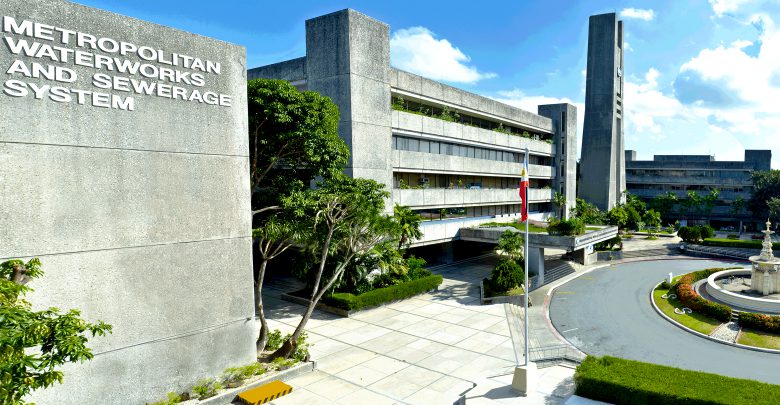
MWSS, Maynilad, Manila Water fined ₱1.84B by SC for Clean Water Act Violations
BETTER LATE THAN NEVER. Maynilad Water Services, Inc., Manila Water Co., Inc., and the Metropolitan Waterworks and Sewerage System (MWSS) were ordered by the Supreme Court (SC) on Tuesday to pay a fine of more than ₱1.84 billion. This is due to violations of the Philippine Clean Water Act since 2009.
Under the Clean Water Act, MWSS and its concessionaires are required to provide wastewater treatment facilities and connect sewage lines in households and establishments to an available sewerage system.
This was supposed to be implemented within five years of the effectivity of the Clean Water Act on March 6, 2004. The SC found that MWSS and the two water firms have failed to put up sewage lines and sewage treatment facilities as mandated by law.
Fines to be paid 15 days from receipt of decision
In the unanimous ruling, written by Associate Justice Ramon Paul L. Hernando, the SC ordered Maynilad and MWSS to jointly and severally pay ₱921,464,184 for the period of May 7, 2009 to date of promulgation. This same amount is also required from Manila Water, to be also paid for jointly and severally with MWSS.
SC’s Information Chief and Spokesman Atty. Brian Keith Hosaka said that both concessionaires are required to pay the fine within 15 days from receipt of the decision.
Daily fines also imposed
In addition, Hosaka explains that the two firms shall be fined the initial amount of ₱322,102 per day, subject to further 10% increase every two years until they fully comply with Section 8 of the Philippine Clean Water Act.
This SC ruling affirmed the decision of the Court of Appeals in 2013, that upheld the Department of Environment and Natural Resources (DENR) order of imposing fines on the MWSS and the two water firms.
The strict implementation of the Clean Water Act is part of the efforts involving the Manila Bay rehabilitation. DENR said that part of what is causing the degradation of the water quality of the bay are poor sewerage systems and improper disposal of household water.




